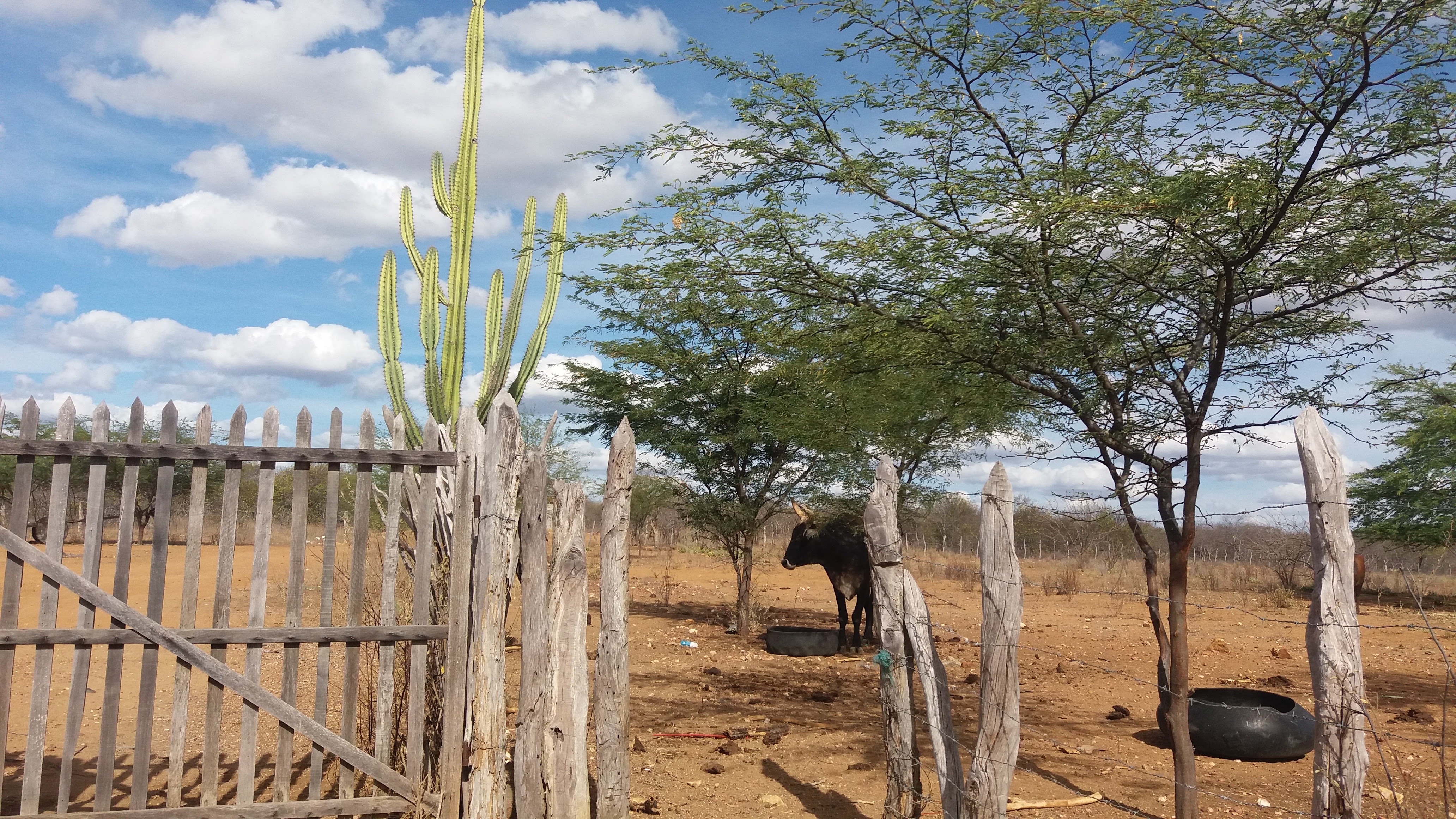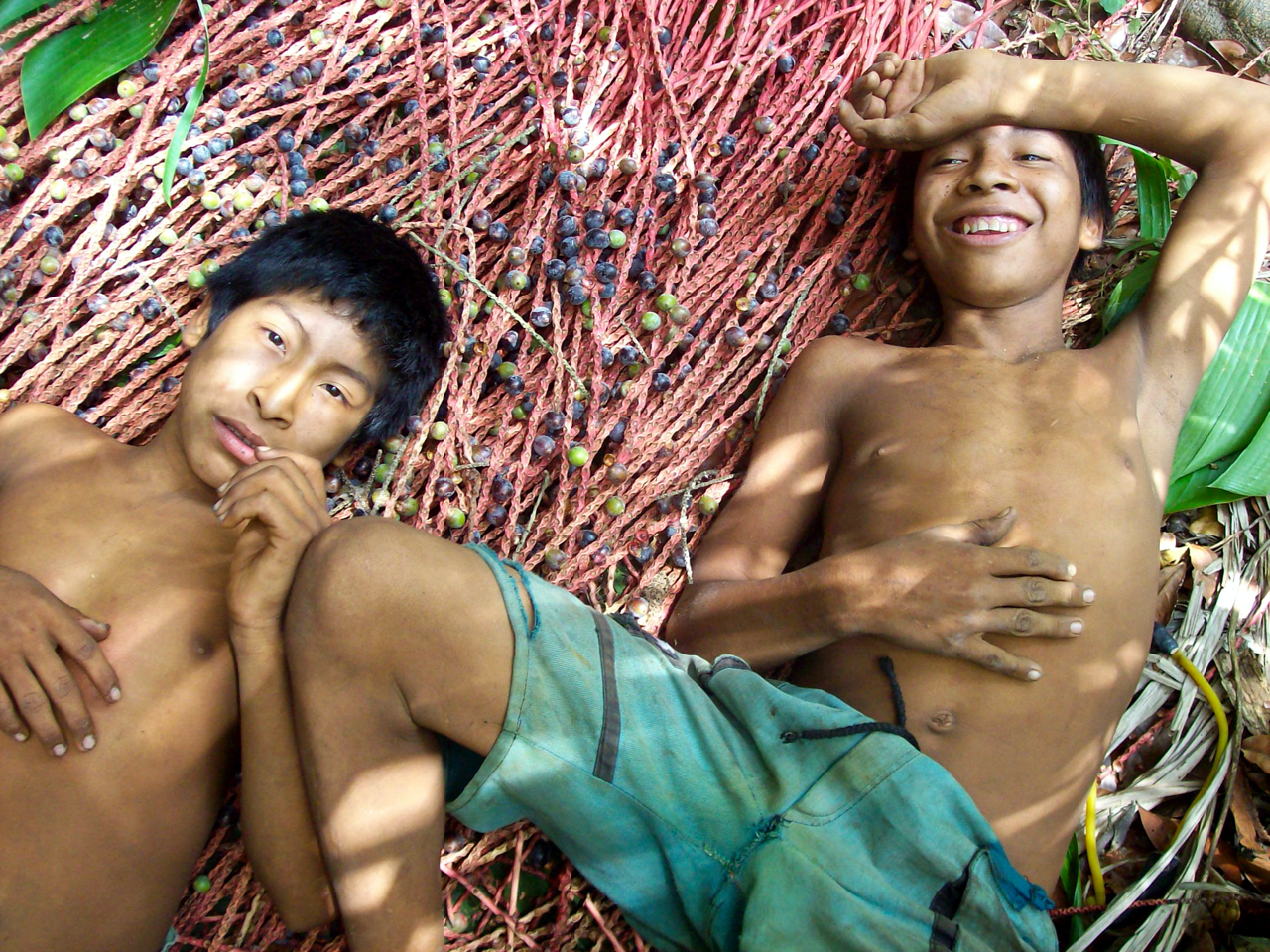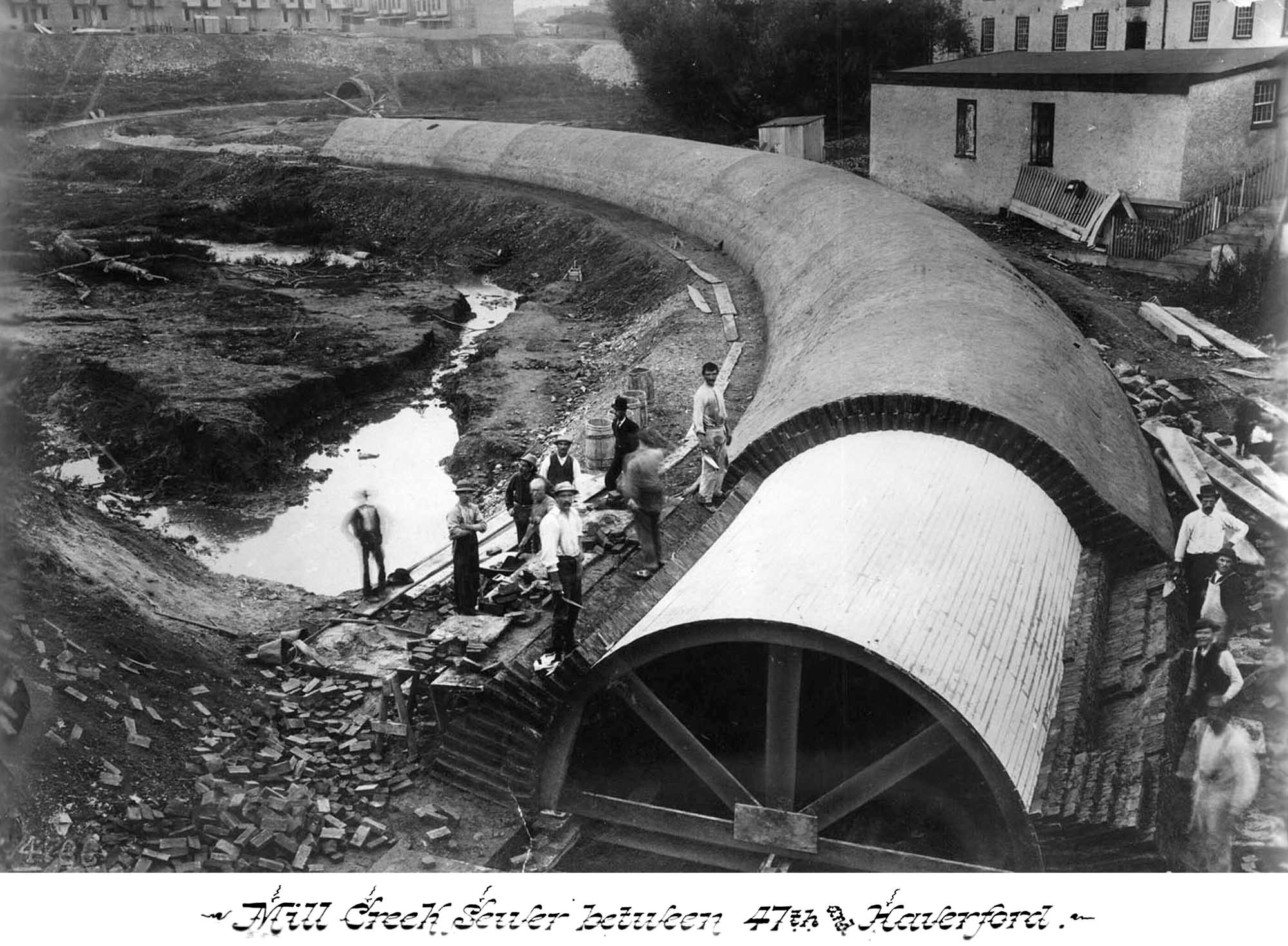Based on the notion of creation, taken in a broader sense, this research project aims to approximate distinct subfields of Anthropology. It invests in the enlargement of different uses and conceptions of creation, exploring its polysemy, its relations with memory and the possibilities this expanded approach offers. We intend to contribute to specific debates in each of the five axes of the project – kinship, indigenous ontologies, ecologic debate, craftworks, and inventions in sciences and techniques. By considering these issues in an interrelated way, so that they mutually cast light over each other, we expect to provide a broader set of theoretical and pragmatic impacts as well. The main hypothesis is that the creation perspective, if tested in specifics ethnographic fields, expands and displaces some of the canonical debates in Anthropology. For instance: a) kinship analyses, revisited here in a pragmatic way, allows to associate kinship with politics, productive life, family, and religion; b) concepts like “animality” and species are reshaped with the help of indigenous ontologies, which connects different relationships such as hunting, rearing, and care in more-than-human and multispecies socialities; c) the conceptions about “folk” practices – that inform the controversies about “tradition” and “heritage” as well as the debates concerning identities and ethnic-political resistances – are renewed when considered from the perspective of mixings and creative contagions; d) the discussions about ecological and ontological conflicts as well as some scientific debates, taken at the creation’s point of view, help to revisit contemporary theories about destruction, the “end of the world” and the Anthropocene.


This axis of the project intends to ethnographically explore rebatements of the notion of creation in kinship, from a pragmatic and poietic approach. With this perspective, we intend to investigate overflows from kinship and family relations, including in their metaphorical extensions, to "domains" or "social spheres", such as politics, health, education, work, religion, always in accordance with the understanding of the subjects of the investigations. It is also about examining the relationship between subject and object in acts, modes and policies of creation and care; the relational compositions between and in the agents involved, whether they are people, animals, things, substances, or forces; the constitution of collectives, groups, communities in engagements irreducible to common goals or interests. On the horizon of analysis, we glimpse counter positions to the hegemonic distinctions between nature and culture, individual and society, in the face of the symbolic oppositions of dominant ontologies.

This axis of the project proposes to interrogate the problem of creation and memory from the perspective of "artistic", "handcrafted" and "popular" know-how, in its various expressions and contexts. It is a matter of inspecting varied modes of creation from the point of view of subjects (human and non-human) and materials; from the angle of techniques and instruments, themselves created as a function of diverse ‘agencies’; also, from the processes of learning and training, and the varied spaces in which these take place. An attempt will also be made to follow the divergent destinations of the things created (practical purposes, ritual, and political uses, etc.), paying attention to the transformations that the creations undergo along their paths (the conversion of "artifact" into "art", for example). The examination of artisanal creations must also pay attention to the mediations and mixtures that link things and people, devices, procedures, and materiality; creative contaminations that lead to processes of differentiation and metamorphosis, flows and processes.
Manejo (management), in this axis of the project, is a conceptual instrument that intends to invest the analysis in the agencying of creation in such a way as to link it to the activity of memory; it has as its conceptual counterpoint the notion of confiscation and implies the concept of ecology. The research linked to this axis of the project can be dedicated to the analytical description of diverse modes of management, seen as one of the ecological forms of rejection to the capitalist model of transforming matter and life into marketable energy. Although operable in different geographical and environmental situations, this axis is empirically circumscribed to the Caatinga of the Sertão Mesoregion of Pernambuco.

The research in this axis is ethnographically interested in concepts such as nature, environment, life, species, preservation, and care, opening possibilities both to reflect the way different collectives conceive and classify the environment, as well as politically think the very idea of conservation of their territories, and the ways that these stories and experiences can be told and written. In the case of indigenous collectives, faced with destruction and constant threats to their lives and territories, the landscape that resists are the result of a constant "creating" and "caring", and life in the forests unfolds in various ways, where animals and plants interconnect with human actions in a complex and creative game that involves different subjects (human and non-human) in their compositions of worlds and nature-cultures. The idea of this axis is to congregate research that thinks of creation as one of the connectors of these histories and naturecultures.

This research axis intends the conjugation of scientific realism and imaginative speculation in the urgent task of considering and setting in motion new theoretical plants and practical experiments that face the Anthropocene (proposition of a new geological epoch marked by the impacts in scale and speed of certain anthropic actions on the regulation of the planet) as a constraint for contemporary thought. It must reflect on both the new figurations of Nature and of "Anthropos" via the sciences, philosophies, and other sources of knowledge (which might be called "minority").
Starting from the ecological and social constraints that the Anthropocene expresses at the same time, this research axis seeks to flag, not without ethnographic contributions, the reshuffling of humans and non-humans under socio-climatic crisis, to map otherdifference s and similarities, discontinuities and continuities between them. This should also lead to radical revisions of what we characterize as human, nature, society, and politics.

